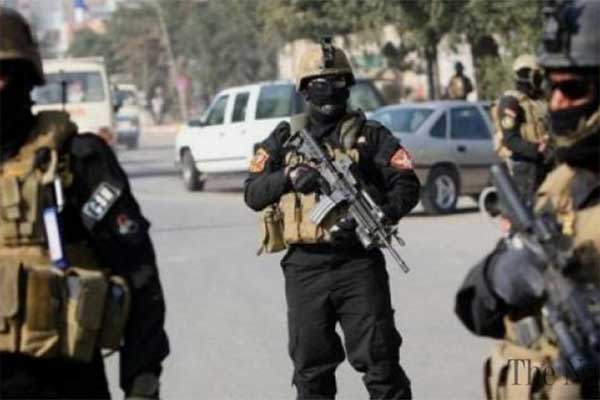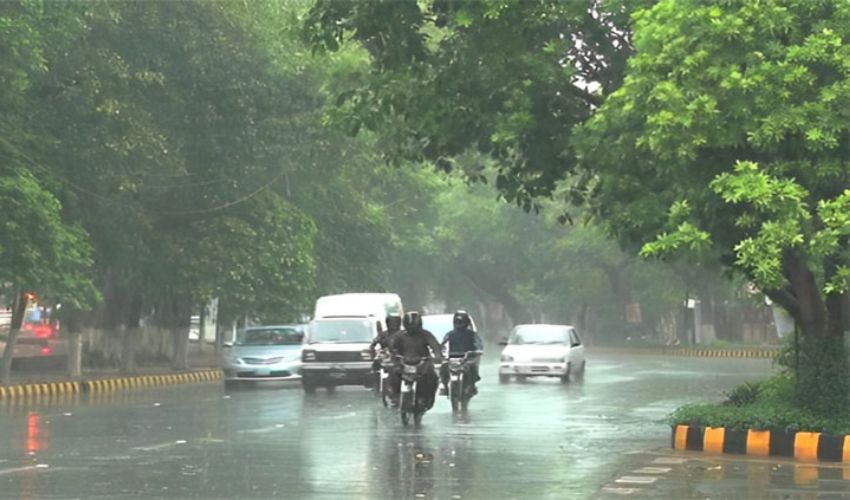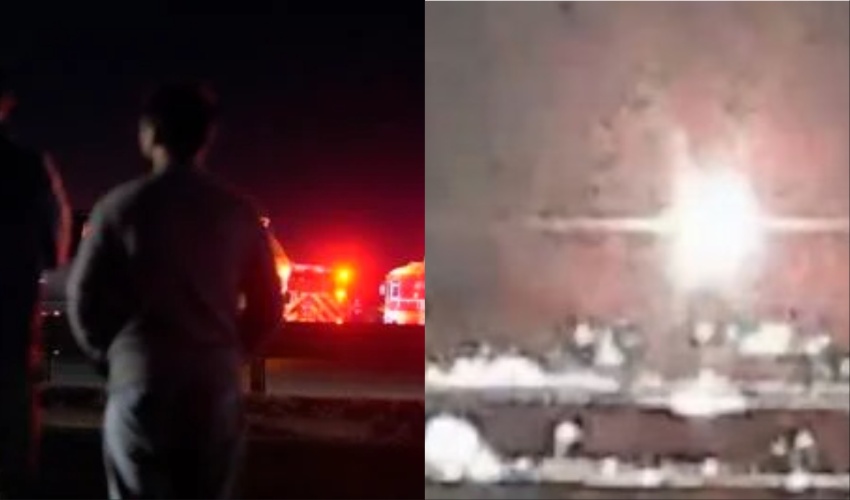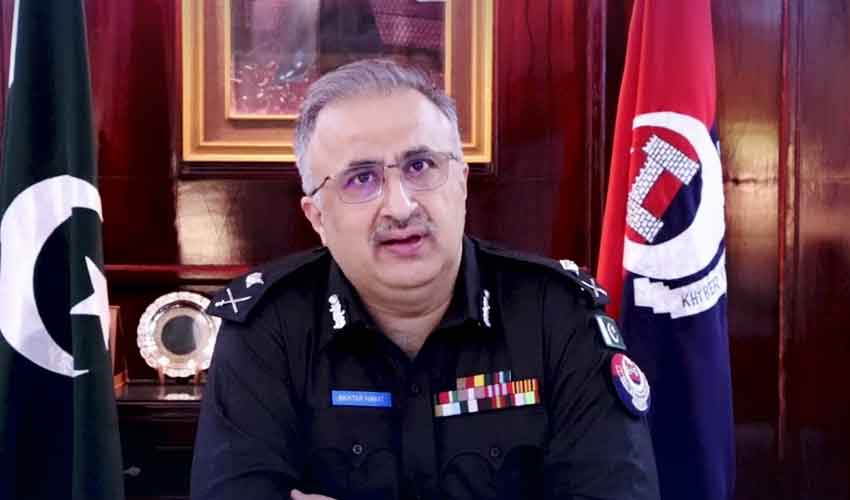In the rugged terrains of Balochistan, a province in southwestern Pakistan, a silent war is being waged. This conflict, largely unreported in the global media, has seen hundreds of Pakistan Army officers and soldiers martyred, innocent civilians targeted, government establishments attacked, and Frontier Corps (FC) check posts assaulted. The perpetrators? Militant groups within Balochistan, allegedly funded by hostile foreign agencies.
The Invisible Enemy:
The Baloch people, who have been protesting against Pakistan, have never raised their voices against their own militant organizations. These organizations are believed to be funded by the Research & Analysis Wing (RAW); an Indian intelligence agency accused of attempting to destabilize Balochistan.
However, it’s important to note that not all Baloch are against Pakistan. Many pro-Pakistani Baloch have always stood with Pakistan, contributing significantly to the nation’s development.
The Baloch Nationalist Army: A Case Study:
A recent development has brought this issue into sharper focus. The commander of the Baloch Nationalist Army (BNA), along with 70 of his associates, has laid down arms. Former BNA commander Sarfaraz Bangalzai has made startling revelations about the funding of these militant outfits, claiming it originates from India.
“The BNA is spilling the blood of their brothers at the behest of India,” stated an interim minister during a press conference in Quetta, flanked by Balochistan’s caretaker Home Minister, Mir Zubair Jamali.
The Bigger Picture:
“Balochistan has been the biggest target of India’s anti-Pakistan efforts as the enemy is aware of the fact that Pakistan’s way to progress passes through Balochistan,” the minister added.
The ex-BNA leader also revealed that banned militant outfits are using women in their nefarious plans. Funding from India, drug peddling, and kidnapping are all part of a larger conspiracy to destabilize the region.
The Way Forward:
Bangalzai told the media that the 70 BNA fighters had accompanied him in surrendering, and many others are also willing to give up. However, the militants continue to exploit women, indoctrinating them against the state and using them for their own purposes.
Pakistan is facing challenging times due to these hostile agencies and certain bad actors residing within the country. The nation has submitted multiple dossiers to the United Nations against India, stating, “We have solid evidence of India’s involvement in Balochistan.”
It is imperative for Pakistan to take strict action against these disruptive elements, both within the country and abroad, to ensure peace and stability in the region. The battle for Balochistan is not just about a province; it’s about the future of Pakistan itself.
The Protests and Their Underlying Motives:
Many of those who participate in these protests are believed to be supporters of banned militant outfits in Balochistan, such as the Baloch Liberation Army (BLA) and the Baloch Liberation Front (BLF). Whether they are actively working for these groups or merely harbour a soft corner for them is a matter of conjecture.
Why Mahrang Baloch Is Silence?
Mahrang Baloch, a prominent figure leading these protests, has familial ties to the BLA. Her father was a commander in the BLA and was implicated in the killing of hundreds of innocent civilians and law enforcement officials. Yet, Mahrang has never spoken a word against her father or his actions. This silence raises questions about the true intentions behind these protests.
This pattern is not unique to Mahrang. Many of those protesting in the name of missing persons never utter a word against the militants. This silence, coupled with their fervent protests, suggests a possible sympathy towards these banned outfits. It raises the question: Are these protests genuinely for the missing persons, or are they a smokescreen for a deeper, more sinister agenda? The situation calls for the law of Pakistan to step in and put an end to this dangerous game. The state must take strict action against those who are disrupting the peace and stability of the region under the guise of these protests.



























